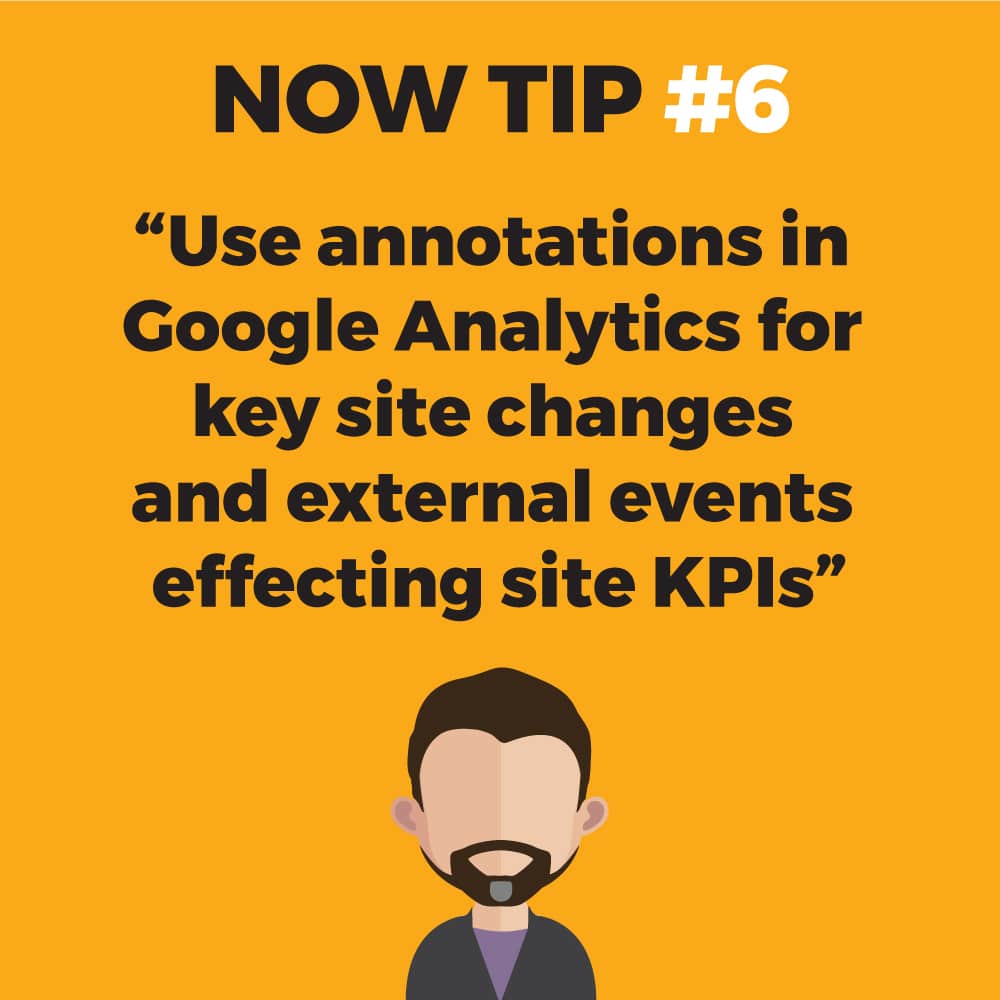Even before the world saw the seismic changes brought about by the COVID-19 pandemic, many marketing teams saw 2020 as the year of the website upgrade. According to research conducted by Hubspot at the beginning of the year, 63% of marketers are looking to carry out an upgrade this year, evidence that the digital world has significantly changed marketing in a short space of time.
Thanks to the ubiquity of digital technology, customers have the option to search for goods and services in the online arena, saving themselves a great deal of the time and effort associated with physical shopping. This is also true for B2B customers, who, according to research conducted by Gartner, spend an average 27% of the buying process researching goods and services online compared to only 17% spent meeting with potential suppliers.
Now that COVID-19 has forced many people to endure an extended period of lockdown in their own homes, the easiest way for businesses to reach potential customers is through digital marketing strategies - one of the most important of which is website optimisation.
What’s more, ecommerce has quickly become the new normal, with self-isolating customers heading straight to online stores to buy the products they need and want to get them through the lockdown. This is particularly true for people who have been tasked with working from home. After all, there are plenty of supplies that home workers need that are usually freely available in their offices. Even with the newly announced phased recovery measures, we will still be in some sort of restrictions until the end of the 2020 year, meaning the new normal will stay the normal.
So, considering how vitally important websites are to the success of businesses right now, it is a good time to ask yourself the simple question, “Is my website performing as well as it could do?”
To ensure that your business is not left behind in the current economic environment, we’ve put together a few factors to consider regarding your website:
You need to decide whether your site works well as a kind of brochure or is designed to be part of an engagement journey which reaches a wide array of customers and plays a role in their path to purchase. Increasingly, the latter is a more successful website model and one that you may need to consider in your marketing strategy.
It is becoming ever more important to create a website that targets audiences effectively, putting their needs first through engaging website content that keeps them coming back for more. An important part of achieving this is understanding who your key demographics are and how you can help them achieve certain objectives.
Outdated websites with out-of-date content and an old-fashioned appearance can drive away customers. Think about when the last time you updated your website was and consider conducting a website audit. You may discover that the time has come for a significant overhaul.
Assessing the performance of your website on a regular basis through Google Analytics and other statistical tools is vital if you want to keep customers on-board and attract new ones. If you have not already done so, you will need to establish call-to-actions on your website and create conversion goals, as well as optimise the content on a regular basis. See this blog on 17 tips to improve your Google Analytics set-up.
Ensuring that your website is optimised in terms of its content and usability will help to push your website up search engine rankings. Collecting data on your website will also help you reach new customers. Finally, integrating your website with social media and certain forms of software will help to ensure your website remains attractive to new and existing customers; and trackable.
Analysing website data - particularly regarding the behaviour of visitors - is a vital part of any good digital marketing strategy. The quicker you can make data-driven decisions and implement them effectively, the better your website will perform and the faster your business will grow.
As demonstrated above, there are many, many aspects to consider when upgrading and maintaining a website, particularly considering the ways in which the world is changing before our eyes. For most business owners, it can seem overwhelming.
For this reason, you need an expert partner like Now Comms Group. As well as being passionate about ecommerce and digital marketing, we’ve been building, improving, and optimising websites for our clients since 2008. Indeed, our on-shore team have the strategic, technical, creative, and content development skills to help you upgrade your website to better prepare for what's the come.
Whether you are rebuilding, auditing, or optimising your site, please do not hesitate to get in touch with us today.
We'd love to help.


